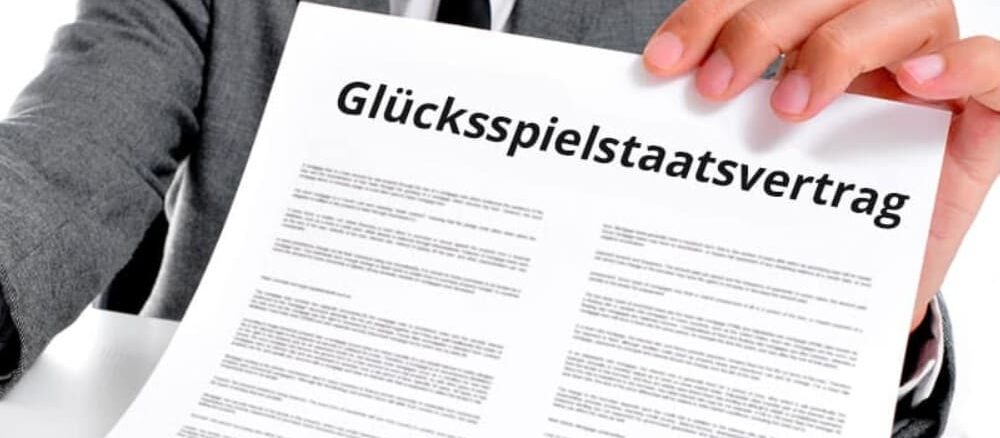
A few weeks ago we reported that the providers have had to comply with complex tech rules since the new GlüStV came into force. This includes setting up a comprehensive lock file. But the OASIS player blocking system has not yet worked. As it became known in the last few days, the state government in Saxony is assuming that the player blocking system will not fully function until August 2nd.
Vendors must register for the lock file by July 30th
Actually, the wording in the new GlüStV leaves little room for interpretation. In § 8 GlüStV it is clearly stated:
1) “In order to protect players and to combat gambling addiction, the casinos and the organizers named in Section 10 (2) are obliged to maintain an overarching blocking system.”
2) “The organizers who are obliged to participate in the blocking system block persons who request this (Self-lock) or of whom they know based on the perception of their staff or on the basis of reports from third parties or on the basis of other factual indications that they are at risk of gambling addiction or over-indebted, are not meeting their financial obligations or are risking stakes that are out of proportion to their income or Assets are available (third-party blocking). “
Accordingly, the required “comprehensive blocking system” should have been in place by July 1, 2021 at the latest. So far, however, those responsible have not yet managed to launch the OASIS player blocking system in the online area. Instead, the Saxon state parliament announced that all licensed gaming providers must register for the lock file by July 30, 2021 and provide proof of this.
However, this deadline does not seem to apply to all gaming providers. In this context, there is also talk of individual circumstances and individual processing. It is currently planned that the player blocking system will function fully from August 2, 2021.
Experts warned of delays in advance
The fact that the OASIS player blocking system does not work in time for the GlüStV to come into force does not come as a surprise to experts. Many experts have already pointed out in advance that the creation of such a complex, cross-provider lock file requires a longer lead time.
The Darmstadt Regional Council is responsible for the OASIS player blocking system. The authority is also responsible for issuing gaming licenses in Germany. It was pointed out a few weeks ago that an optimization phase of the player blocking system was required before OASIS can finally be used. So far, however, no major complications have occurred during the test runs.
If a player is excluded from online gambling as part of a self-ban or an external ban, the minimum ban period is one year. A subsequent lifting of the ban is only possible after a written application by the player and only with the consent of the provider who issued the ban.
Conclusion
Despite the long lead time, it was apparently not possible to create the technical prerequisites early on in order to present a functioning player blocking system punctually on July 1, 2021. Although the GlüStV clearly regulates the subject of “player bans” and has detailed requirements, the OASIS player banning system is not yet available for online players in this country. Both the gaming providers and the German authorities involved seem to be overwhelmed by the deluge of technical regulations.


and again we have a dictatorship, why gambling addicts screw their thumbs and why alcohol addicts don’t screw their thumbs, everything is just ranting, no, why am I not allowed to freely dispose of my money as a player? all a mendacious dictatorship.
Always the same song … parties say and determine what theoretically sounds good, do not ask experts on the topic and implement it. Those who are responsible for this have far too little time and neither the know-how nor the ambitions to implement it in the time. A stick is thrown between the feet of the regulated, licensed companies and the others laugh up their sleeves and carry on as before … have a valid license? Providers who have so far also offered without a license are not even allowed to participate in the licensing process.
This is again such a measure that is at most half useful.
I think a central lock file is good.
But now I apparently only have the option to take a 24-hour break from playing or to block myself in all casinos for at least 1 year. Maybe good for someone with a strong addiction, for example I personally closed one or the other account for 1 month when it wasn’t working at the slots, but I still liked to play sports betting.
I think that the cut is blocked for 1 year everywhere for many “semi-addicts” so that they do not take a break at all. Of course there are still the limits, but they can be changed within 7 days …
Is not mature in my opinion ….
You can save yourself comments in the direction of “there are no semi-addicts”, I think it’s clear what is meant